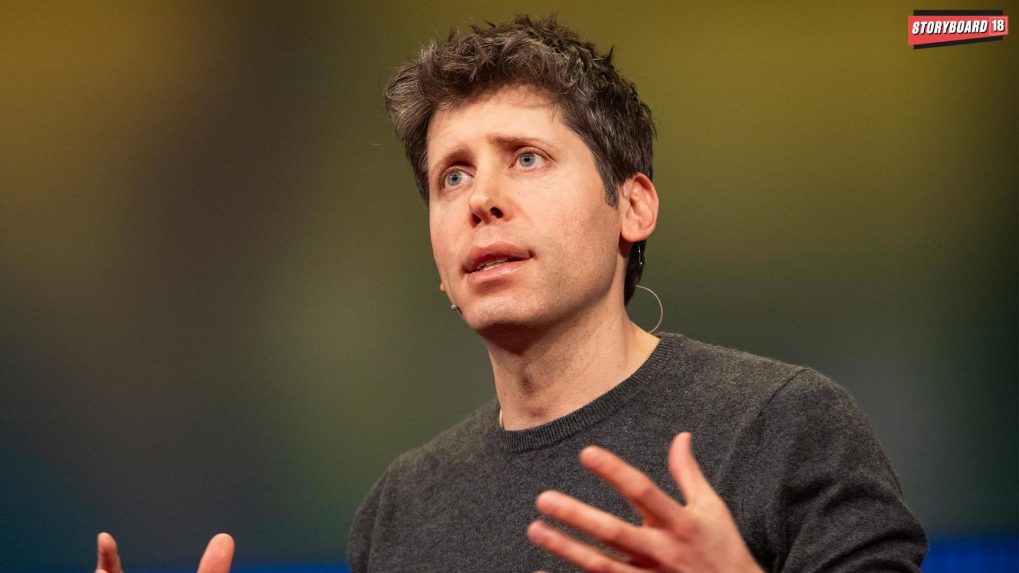OpenAI CEO Sam Altman says GPT-5 makes him feel ‘useless’
Speaking on comedian Theo Von’s podcast “This Past Weekend,” Altman recounted a recent moment that drove the point home.
ADVERTISEMENT
OpenAI is gearing up for another leap in the generative AI race with the anticipated launch of GPT-5—a model already creating buzz for its remarkable capabilities. As testing picks up pace and benchmark results pour in, OpenAI CEO Sam Altman has made a startling admission: his own creation made him feel useless.
Speaking on comedian Theo Von’s podcast “This Past Weekend,” Altman recounted a recent moment that drove the point home. When faced with a complex question in an email, he turned to GPT-5 for help. The response from the AI was so precise and effective that it shook him.
“I felt useless relative to the AI in this thing that I felt I should have been able to do, and I couldn’t, and it was really hard. But the AI just did it like that. It was a weird feeling,” Altman said during the interview.
A Glimpse Into GPT-5’s Capabilities Altman’s comment may sound like pre-launch hype—but industry watchers believe it’s more than just PR. GPT-5 is already being tested on benchmark platforms, and early indicators suggest that it could mark a significant advance over previous iterations.
Notably, OpenAI plans to make GPT-5 more accessible than its predecessors, with mini and nano versions expected to be available via its API. This move could extend the technology to a broader audience, potentially including users of the free ChatGPT model.
Read More: American Eagle's Sydney Sweeney ad faces heat over ‘Jeans’ wordplay
According to sources, GPT-5 will incorporate OpenAI’s new o3 reasoning engine, originally thought to be a separate system. This integration could make GPT-5 not only faster but also more coherent and contextually intelligent, offering a more unified experience across tasks ranging from search to advanced problem-solving.
Launch on the Horizon Altman has already confirmed GPT-5’s development publicly, and his casual reference to using it in daily scenarios only strengthens speculation of a possible August 2025 release.
With GPT-5, OpenAI may once again redefine what’s possible with conversational AI—one that’s not just better at answering questions, but perhaps better than us at things we once considered deeply human.
Read More: IPO-bound Lenskart earmarks Rs 213 crore for brand marketing


